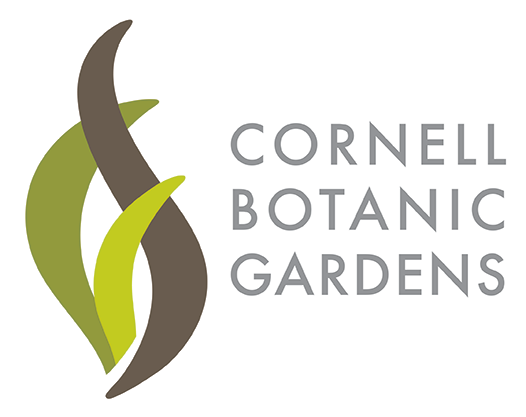Rachel Kennedy

Research Project
Rachel explored the concept of sustainability in public gardens.
Sustainability in Public Gardens
Within the past decade or so, the word “sustainability” has gained a foothold in mainstream rhetoric. The public garden community has adopted this word and concept, which seems to hold the promise of a better world, with enthusiasm. As positive as this might appear to be, there is a growing sentiment that sustainability has become a hollow buzzword, or is at the very least so broadly employed as to bewilder. In this study, a series of interviews were conducted to learn how public garden professionals understood sustainability in the context of their work.
These conversations indicated that public garden professionals have a rich and complex understanding of sustainability, but that the ambiguous nature of the word and the variety of values each person brings to the table make for a challenge in implementing it. Literature suggests that if public gardens take sustainability seriously, they are obligated to address what it means and how it can be achieved. This study indicates that public garden professionals do take sustainability seriously, but that conflicting definitions may inhibit strategies for action. By creating a forum for the exchange of ideas and dialogue, we may cultivate a more common foundation for true sustainability.
Background
The path to the present is always full of surprises, but with hindsight often comes the sense that, had one been paying closer attention to signs and patterns along the way, the path might have been a good deal straighter. Nonetheless, when you do arrive, exhausted and dirty, you are richer for the experience. In this light, Rachel Kennedy, born and raised in upstate New York, can see clearly that every seemingly unrelated job, interest, and distraction have come together perfectly within the world of public gardens, even beginning with a degree from Binghamton University in African art history.
Art history and public gardening are not unrelated. A public garden functions in many ways as a museum, and gardening is most certainly an art. African art spoke to her, because in many non-western cultures art is everywhere and accessible to everyone, like the beauty of plants. In Rachel’s own art, nature and plants are ever present themes.
Rachel considers herself to be a nature lover in general, not in the tradition of month-long trips to the Arctic and Amazon, but rather of weekend romps through the woods, and an occasional tree climb or ant hill examination. This has been the case since her childhood, and part of the reason she has lived and worked in the Ithaca area for more than five years. Rachel lives with her partner and pets in Trumansburg, where she also enjoys drawing, reading, and traveling.
Rachel’s introduction into the world of horticulture, aside from a general fondness for gardening, was a job at a Finger Lakes vineyard. While she believes the vineyard is the most romantic place in the world, and regards pruning as good fun, fear of being sidetracked by romance led her to break away in search of reality and higher learning, which she found at the Horticulture Department of Cornell University. Research is decidedly unromantic, but as she slowly steeped in the university tea, Rachel’s knowledge of and interest in plants, horticulture, and environment continued to grow and expand.
Other notable experiences included teaching with a sustainable forestry outreach group, a literacy volunteer group, and in local schools as a substitute teacher. Several jobs with customer service and sales components gave Rachel a feel for the business world, and what all these experiences have added up to is a love for plants, art, education, and business. Rachel believes public gardens are a perfect arena for utilizing all these skills.
An internship with the Smithsonian Butterfly Habitat Garden in Washington D.C. was a key event in Rachel’s life. This, along with time spent volunteering at the Cornell Plantations wildflower garden, allowed Rachel to learn more about native plants, gardening, and education, and to observe the inner workings of a public garden, solidifying her resolve to find a place for herself in the public garden community. Her interests within the public garden arena include food education, community horticulture as it contributes to food security, the relationship between plants, culture, and human well-being, and increasing audience diversity within public gardens. From these, she will draw her research topics for the MPS program.








